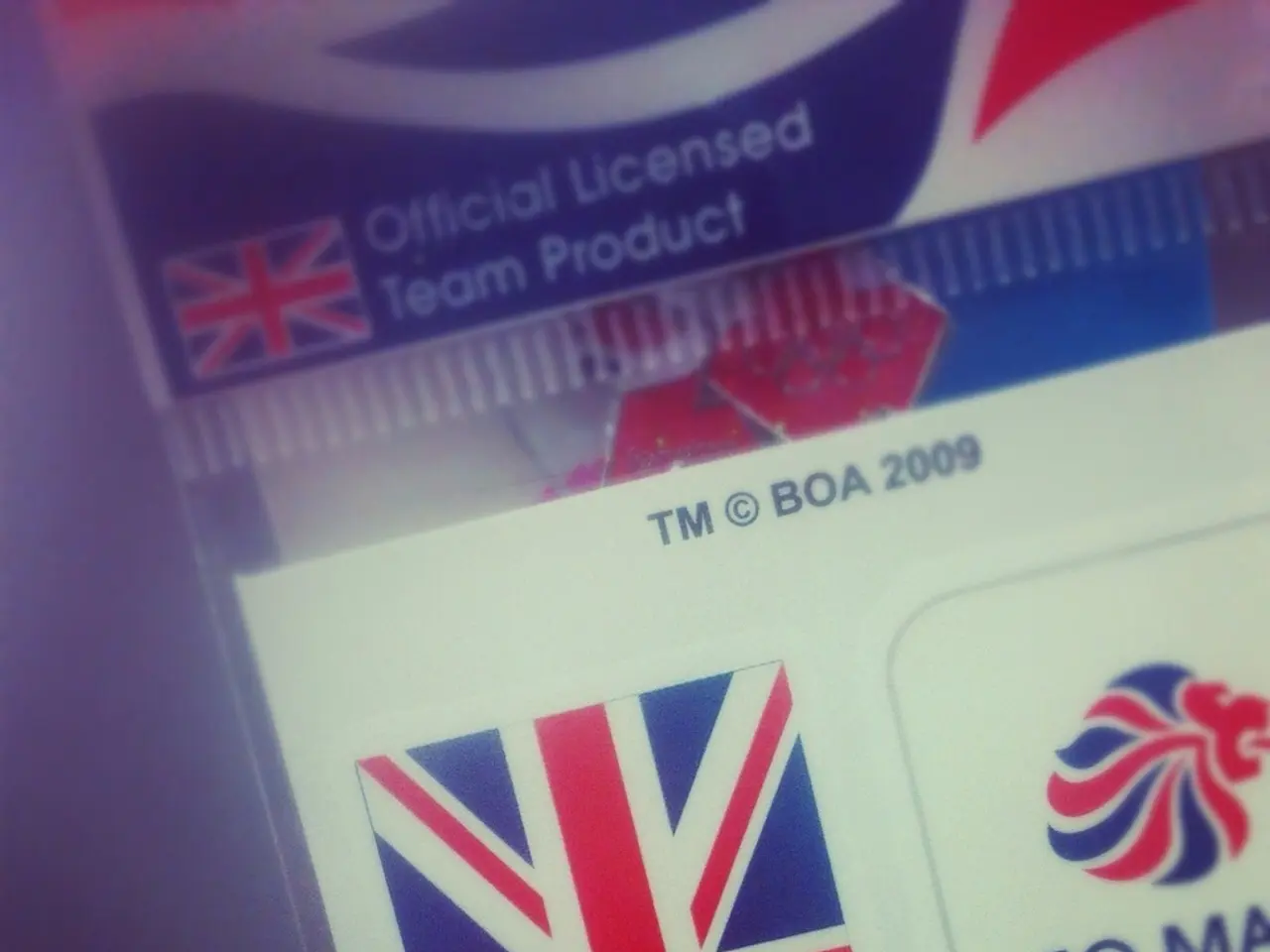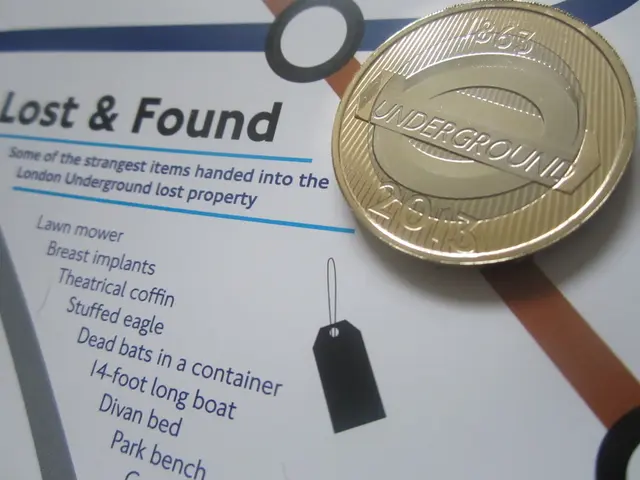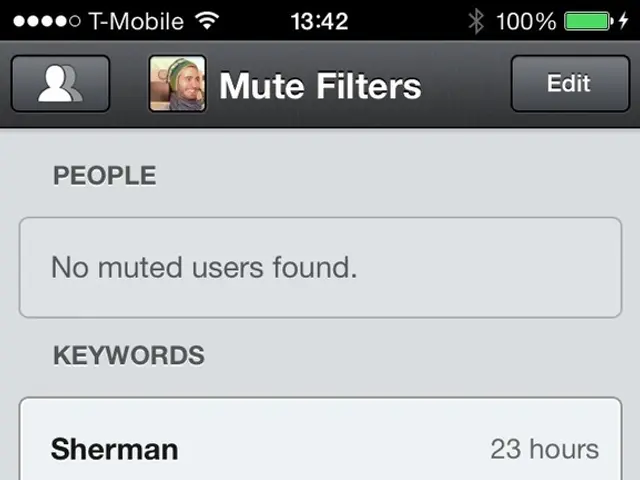Securities and Exchange Commission (SEC) Issues Wells Notice to NFT Trading Platform OpenSea
In a significant development for the NFT industry, the U.S. Securities and Exchange Commission (SEC) has issued a Wells Notice to OpenSea, the popular NFT marketplace. This move comes as the SEC's stance on regulating NFTs evolves towards a more nuanced and innovation-friendly approach.
Devin Finzer, OpenSea's co-founder and CEO, believes that NFTs, which encompass creative goods such as art, collectibles, video game items, domain names, event tickets, and more, should not be regulated in the same way as collateralized debt obligations. Finzer considers the decision as a potential move against creators and artists, and he has expressed his intention for OpenSea to stand its ground in defense of an industry that has positively impacted people's lives.
The SEC's action against OpenSea is not unprecedented; it follows a similar move against Robinhood Crypto earlier in the year. The SEC's ongoing scrutiny of crypto companies, including Binance, Coinbase, UniSwap, ConsenSys, and Kraken, has raised concerns about the potential stifling of innovation for online artists and creatives. Hundreds of thousands of online artists and creatives are at risk due to the SEC's actions against OpenSea.
The proposed regulatory trend, as outlined in recent federal reports and recommendations, suggests classifying NFTs primarily as consumer or commercial-use tokens. This category would generally fall outside the SEC’s securities jurisdiction and instead be regulated under consumer protection and commercial laws. This shift, if implemented, would reduce regulatory burdens associated with securities compliance on NFTs, potentially encouraging more innovation and market participation by creators and artists.
If NFTs are largely treated as consumer/commercial tokens rather than securities, creators face less risk of SEC enforcement related to securities laws. Regulations would aim more at protecting buyers and sellers from fraud, misrepresentation, or unfair commercial practices, which could enhance market trust. Clearer regulatory boundaries may encourage artists and creators to leverage NFTs without fearing unexpected securities-law liability or enforcement actions like Wells Notices.
Moreover, the SEC's announced initiatives toward tailored exemptions and "innovation exemptions" may facilitate novel NFT projects and artistic endeavors. The vacating by the Second Circuit Court of an insider trading conviction against Nathaniel Chastain, a former OpenSea employee who traded NFTs based on confidential information, reflects ongoing legal uncertainty about how NFTs and digital assets fit within existing laws. This court decision highlights courts' cautious approach before applying traditional securities or fraud rules directly to NFTs.
Finzer has emphasized that every creator, big or small, should be able to innovate without fear. He provided examples of how the industry has helped, such as student artists finding full-time careers selling digital art and indie game developers enabling open markets with in-game items. The SEC's actions against these crypto companies represent its ongoing war on crypto, but the evolving regulatory landscape offers hope for a more supportive environment for creators and artists in the NFT space.
- Devin Finzer, the CEO of OpenSea, views NFTs, which are resources ranging from art to collectibles, as distinct from collateralized debt obligations and advocates for a lenient regulatory approach.
- The SEC's action against OpenSea, a popular NFT marketplace, follows a similar move against Robinhood Crypto and raises concerns about potential regulation-induced innovation stifling for online artists and creatives.
- If NFTs are classified primarily as consumer or commercial-use tokens, they would mostly fall outside the SEC’s securities jurisdiction and be regulated under consumer protection and commercial laws, potentially reducing regulatory burdens.
- The SEC's evolving approach towards NFTs includes proposed tailored exemptions and "innovation exemptions" that may support novel NFT projects and artistic endeavors within the Web3 technology landscape.




